In the Alzheimer’s patient, as the disease runs its course it destroys a great deal of the billions of nerve cells in the brain. Nerve cells communicate bits of information back and forth via some special chemicals that are produced in the brain. The disease also disrupts the production of these neurotransmitters.
The Marvelous Brain and Alzheimer’s Behavioral Changes
The brain in the normal person can think, ponder, calculate, reason, and remember because of this unique system of cells and chemicals. Our brain can feel consciousness, feel emotion and express feelings, learn new things, and create. It can also relate all these thoughts, feelings, and experiences to each other. Our brain also allows us to adapt to things around us.
Knowledge, memory, skills learned, ways of interacting, etc. are all part of what makes up our identity. Our knowledge and the way we use it is what makes us individual and conscious of our identity. As we grow older, we will sometimes not be able to recall details as quickly or accurately as before. These are often small, subtle changes. Sometimes it can get quite frustrating to not be able to recall something that was easy to remember at an earlier age.
Alzheimer’s Disease and Changes in the Brain
As the elderly loved one with Alzheimer’s disease gradually loses her ability to think, reason, remember, and even react and behave like she used to, it is normal to feel a loss. We may feel our relationship with the loved one has changed. We may also be feeling their loss of physical and mental acuity.
Alzheimer’s changes the way the patient’s brain thinks. This is important for family and elderly healthcare professionals to know. There may only be bits of a memory and she must piece them together to make sense, so to us it seems like a different memory. It may help you to know that she is not changing memories on purpose. She is only doing what she feels she must do to retain her identity.
The dramatic behavior changes you will see are not a change in personality per se, nor are they necessarily a different emotional state. Rather, the disease directly affects the way in which the patient’s mind works. Often, she is aware that she is having memory difficulties, but there is nothing she can do about it. She may feel that she is losing her identity or that she doesn’t want to show anyone else that she cannot remember, so she will put together what she can remember in a way that makes sense to her.
Home to Stay is Here to Help – The AlzBetter Program
We offer the best Alzheimer’s and dementia care in the New Jersey areas of Camden, Burlington, Gloucester, Salem, Monmouth, and Ocean Counties. We believe that people with dementia still have feelings, desires, wants, and needs. By creating a predictable day filled with essential tasks required for daily living and meaningful activities that match their current level of dementia, they can live much happier and fulfilled lives in the comfort of their own home with our trusted Alzheimer’s & Dementia care specialists.
For all of your dementia care needs in Cherry Hill, NJ, and the surrounding areas call and talk to us at Home to Stay Healthcare Solutions (856) 321-1500.












